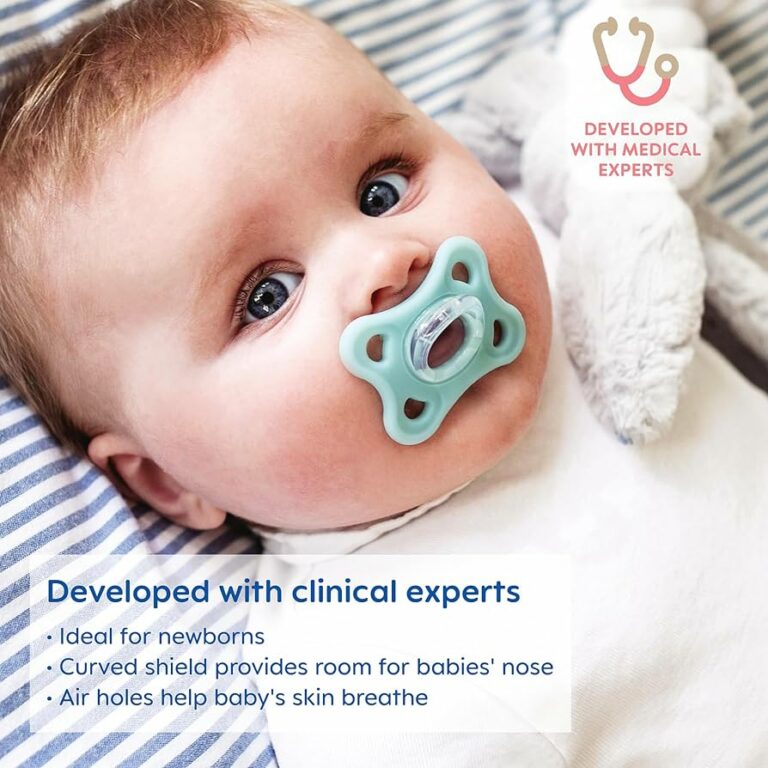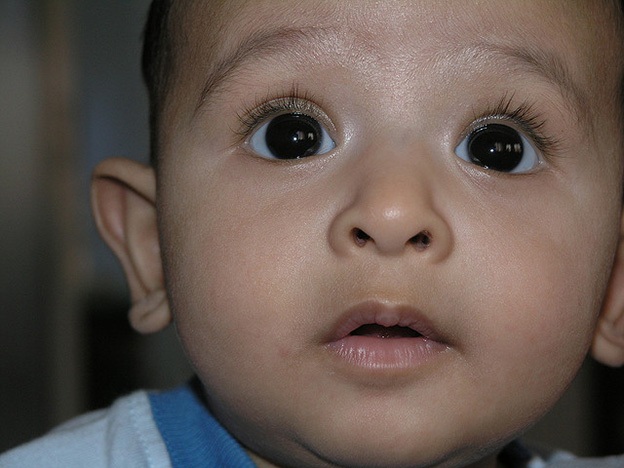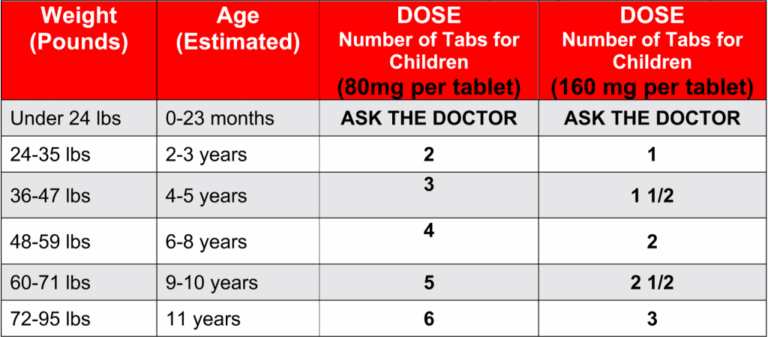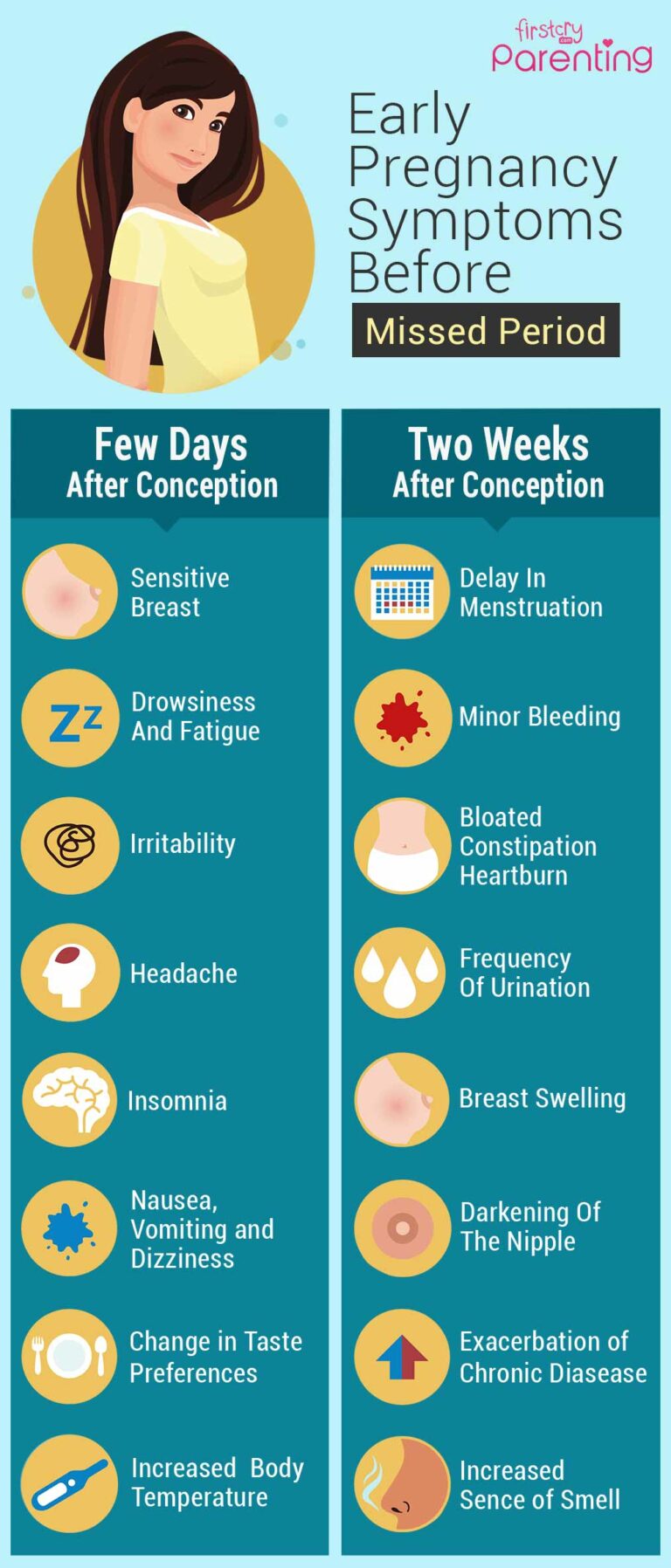How To Know If Baby Is Cold At Night
Are you a parent wondering if your little one is feeling cold during the night? It’s important to ensure your baby is comfortable and cozy to promote good sleep and overall well-being. In this article, we will discuss how to know if your baby is cold at night and provide tips on how to keep them warm and snug.
Knowledge
When it comes to determining if your baby is cold at night, there are several signs to look out for. One of the first indicators is feeling their body temperature. You can touch your baby’s chest, back, or tummy to see if they feel warm or cold. Cold extremities, such as hands and feet, can also suggest that your baby is feeling chilly.
Another way to gauge your baby’s comfort level is by observing their behavior. If your baby is fussy, restless, or having trouble settling down, it could be a sign that they are cold. Additionally, if your baby is waking up frequently during the night, they may be struggling to stay warm.
It’s essential to dress your baby appropriately for the night time. Opt for layers of clothing that can be easily added or removed depending on the temperature. A sleepsuit or footed pajamas made of a warm, breathable fabric like cotton is ideal. You can also consider using a sleep sack or swaddle to provide an extra layer of warmth.
Creating a cozy sleep environment is key to ensuring your baby stays warm throughout the night. Use a lightweight blanket or sleep sack that is the right size for your baby to prevent overheating or suffocation risks. Keep the room temperature between 68-72°F (20-22°C) and avoid direct drafts or cold spots near the crib.
Conclusion
In conclusion, knowing if your baby is cold at night is crucial for their comfort and well-being. By paying attention to signs like body temperature and behavior, dressing them appropriately, and creating a cozy sleep environment, you can ensure your little one sleeps soundly and comfortably. This article is aimed at parents and caregivers looking to provide the best care for their babies during the night.
It’s essential to remember that every baby is different, and what works for one may not work for another. Trust your instincts as a parent and adjust your baby’s sleep routine as needed to ensure they are warm and comfortable. Remember, a good night’s sleep for your baby means a better night’s sleep for you as well.






